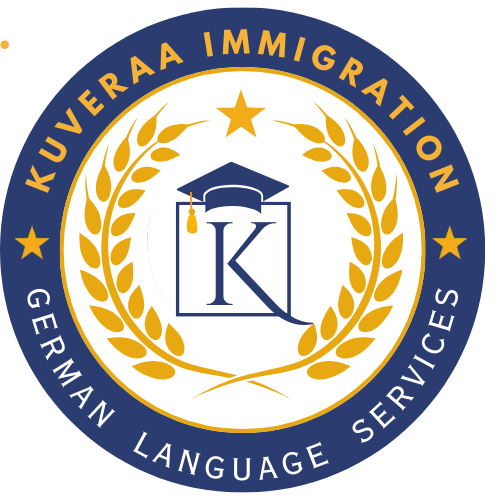
Any Question? Call Us
98155-30301
Spa & Wellness Ausbildung
Spa & Wellness Ausbildung (Vocational Training) in Germany
2-3 years
1. Spa Management (Spa-Management)
2. Wellness and Fitness Trainer (Wellness- und Fitness-Trainer)
3. Massage Therapist (Massage-Therapeut)
4. Beauty and Cosmetics Specialist (Kosmetiker/in)
5. Hydrotherapy and Balneology (Hydrotherapie und Balneologie)
1. Theory:
- Anatomy and physiology
- Spa and wellness management
- Marketing and sales
- Nutrition and health
2. Practical:
- Massage techniques
- Spa treatments (e.g., facials, body wraps)
- Fitness training
- Hydrotherapy and balneology
1. Age: 16-35 years old
2. Secondary school diploma (Realschulabschluss)
3. Good physical health
4. Interest in spa and wellness
1. First year: €600-€800/month
2. Second year: €700-€1,000/month
3. Third year: €900-€1,200/month
1. Spa Manager: €2,500-€4,000/month
2. Wellness and Fitness Trainer: €2,000-€3,500/month
3. Massage Therapist: €1,800-€3,000/month
4. Beauty and Cosmetics Specialist: €1,600-€2,800/month
5. Hydrotherapy and Balneology Specialist: €2,200-€3,800/month
1. Deutsche Gesellschaft für Wellness und Gesundheit (DGWG)
2. Bundesverband der deutschen Wellness- und Gesundheitsbranche (BDWG)
3. Spa and Wellness Fachschulen Deutschland (SWFD)
4. Berufsschulen für Gesundheit und Wellness (BSG)
1. BAföG (Bundesausbildungsförderungsgesetz)
2. DAAD (Deutscher Akademischer Austauschdienst)
3. Bildungsgutschein (Education Voucher)
4. Company-sponsored training
1. German language proficiency (B1-B2)
2. English language proficiency (optional)
1. Gain practical experience through internships
2. Develop skills in customer service and communication
3. Learn about different spa and wellness treatments
4. Network with professionals in the industry
5. Consider specializing in a specific area (e.g., massage therapy)
During Spa & Wellness Ausbildung in Germany
Employers typically provide the following facilities:

Uniforms and equipments

Meals or meal allowances

Travel allowances

Accommodation support

Health insurance contributions

Holiday pay and leave

Library and resource access

Mentorship and supervision
